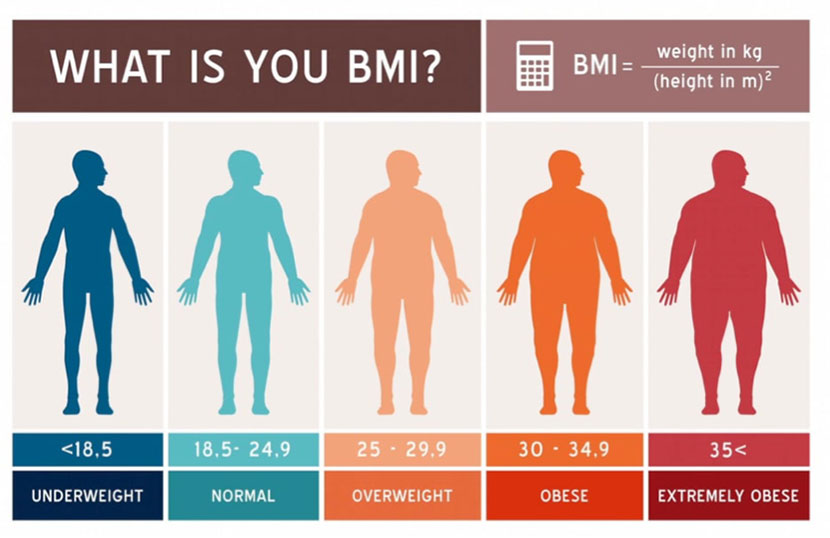By Shannon Ang
Clean eating is the latest dieting fad that many are getting a taste of as they attempt juice cleanses, consume organic produce or even engage in restrictive eating. While most of us know the basics of a healthy diet, do we know what constitutes as a proper clean eating meal plan? Take this quiz to find out.
Complete abstinence from processed foods, savory sauces and the avoidance of white sugar. That’s a glimpse of the diet of Ms Nina Devouge, 32, who has been practising clean eating since 2010. For her, the motivation behind clean eating was never about shedding weight.
“The weight is just (a) bonus. It’s more of how you feel when putting the foods into the body. I feel good knowing what I eat,” she emphasized.


However, when the line between healthy eating and constant fixation on a diet is crossed, one may develop Othorexia nervosa, an informally recognized medical condition. Orthorexia exists when eating healthy food “dominates a person to such an extent that other areas of life suffer,” said Dr Lee Huei Yen, Head & Senior Consultant of the Department of Psychiatry at Singapore General Hospital.
The overzealous adherence to a clean diet can affect an individual physically, either causing excessive weight loss or malnourishment. Emotionally, one would also be filled with “chronic concerns about eating pure and healthy foods” to the point where it can affect social life.
“With orthorexics being stringent with their diets, there is a high tendency they avoid social gatherings involving food. They can also be very critical and judgmental of what others around them eat, leading to a downplay on their social lives,” shared Ms Ong Ke Min, 24, a nutritionist at local nutrition consultancy company, Health Can Be Fun.
Another nutritionist from the same company, Koh Yu Yuan, 27, also claimed that the “elimination of nutrients like calcium and iron can ultimately result in osteoporosis and anemia respectively”.
Having attended to a case involving a severely underweight individual with a Body Mass Index (BMI) of 14, he thinks of clean eating as a lifestyle choice rather than a strict diet regime.

The obsession with every morsel of food consumed can lead to anxiety over food preparation or feeling guilty when not abiding by the diet they perceive to be “healthy”.
“This is why some medical experts have seen it as part of an obsessive compulsive disorder or an anxiety disorder rather than an eating disorder,” explained Dr Lee on the little-researched condition.
Ultimately, one can avoid spiraling into the pitfalls of extreme clean eating if moderation and research is exercised. As Dr Ken Ung Eng Khean, a psychiatrist from Adam Road Medical Centre aptly puts it in the Latin saying: “Caveat Emptor”, let the buyer beware.
“Before accepting the practice, do your homework. Don’t be quick to believe what you see online. Be wary.”
Check out the video below for guidelines on how to eat clean the right way:
